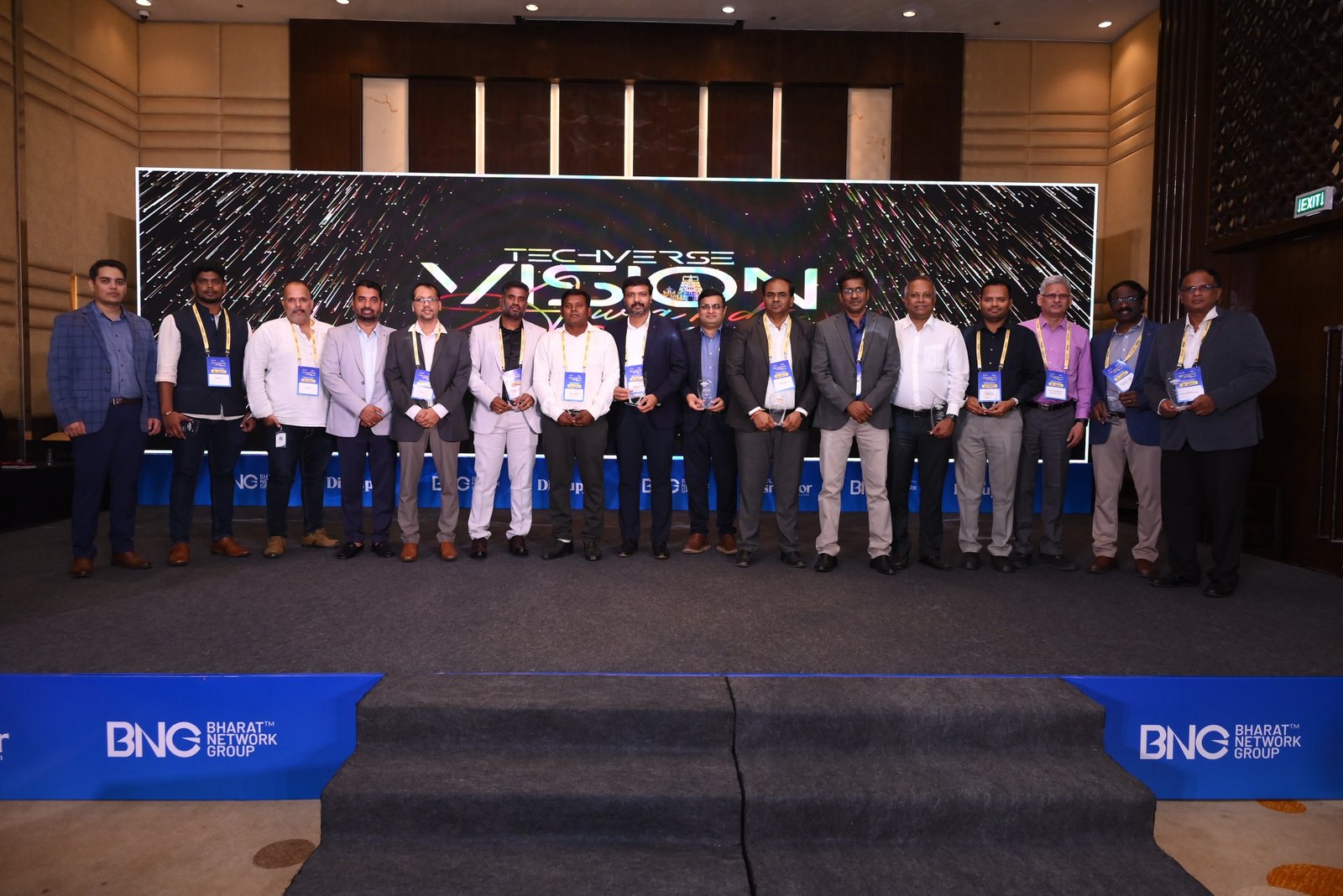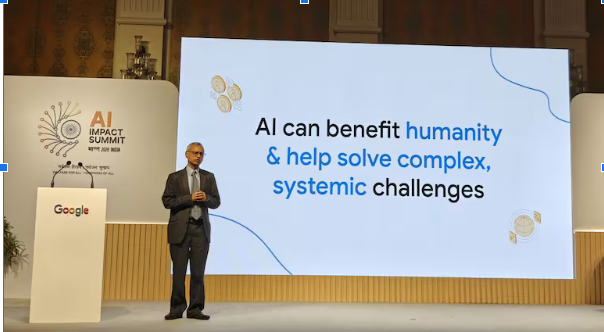With AI investment booming worldwide, enterprise leaders are faced with a stark reality: 80% of AI initiatives fail to scale beyond pilot stages. Why? The missing link is not technology nor talent alone—it’s data readiness.
According to the new State of Data4AI 2025 report by Wipro, only 14% of organizations—dubbed “Front Runners”—have successfully aligned AI aspirations with robust data foundations. The majority remain mired in fragmented data ecosystems, governance gaps, and operational disconnects, undermining their ability to unlock AI’s transformational promise.
The AI Ambition-Reality Gap
The hunger for AI-driven innovation is undeniable. A recent Wipro survey of C-suite executives revealed that nearly 80% view AI as critical to future competitiveness. Yet, less than one in six—the “Front Runners”—have developed the four pillars essential for sustainable AI:
- Cohesive governance bridging enterprise data and AI lifecycle
- Modular, composable data products attuned to business needs
- Cross-functional alignment ensuring measurable value realization
- Cultivated AI literacy and Agent-based operational models
Other organizations fall short, either investing prematurely in complex AI use cases or lacking the integrations needed to scale pilots into enterprise-wide workflows.
The A-D-V-A-N-C-E Framework: A Playbook for Success
Wipro’s research distills Front Runners’ best practices into the A-D-V-A-N-C-E framework for data readiness:
- AI & Data Governance: Synchronize policies across AI models and data assets to mitigate risks.
- Data for AI: Prioritize high-impact use cases rather than “boiling the ocean.”
- Vertical Alignment: Tie data product strategy tightly to business objectives.
- Adoption of Modular Data Products: Disentangle data functionalities from underlying infrastructure to navigate shifting technological and regulatory landscapes—critical amid rising data sovereignty demands.
- Navigating Agentic Operations: Embrace autonomous AI agents that drive increasingly complex decision automation.
- Cultivating Organizational Futurists: Build internal Centers of Excellence and talent pipelines to steward AI innovation across business units.
- Empowering Data and AI Literacy: Scale understanding beyond technical experts to end-users, with emphasis on data-driven decision-making.
Why Governance and Modularity Matter
Data governance in today’s AI era must evolve beyond traditional approaches. With unstructured data—images, voice, telemetry—playing a pivotal role in analytics, organizations face growing complexity in data lineage, quality control, and ethical stewardship.
Front Runners typically establish continuous coordination between data and AI governance teams and employ “invisible” governance mechanisms such as output watermarking and human-in-the-loop validation.
Simultaneously, modular data products decoupled from specific infrastructure enable organizations to stay agile amidst rapid advances in specialized compute, cloud economics, and local data regulation.
Harnessing AI Agents for Operational Excellence
The report identifies the emergence of “agentic” AI—autonomous agents capable of managing workflows across IT, operations, supply chains, and customer interactions—as a critical frontier. By 2028, a third of enterprise applications are projected to embed such agents, revolutionizing operational efficiency and agility.
The Leadership Imperative
Scaling AI is not a technology problem; it’s a leadership challenge. The difference between Front Runners and laggards often lies in executive sponsorship to align business and technology, nurture cross-functional collaboration, and invest decisively in data-productization and literacy efforts.
The roadmap for organizations at different stages—“Beginners,” “Dauntless,” “Conservatives,” and “Front Runners”—calls for tailored interventions, from establishing clear data ownership and rapid experimentation to integrating agentic AI at scale.
Sector-Specific Takeaways
Banking and Financial Services: Lead in data governance, consumption, and monetization, driven by regulatory pressures and customer competitiveness.
Retail and Consumer Goods: Transitioning, with focus on data consolidation and AI-driven marketing transformations.
Healthcare: Excelling in democratization and AI use-cases tied closely to operational efficiency and patient outcomes.
Energy and Utilities: Prioritizing integrated AI governance and cross-company collaboration to address growing operational complexities.
Final Thoughts: The Road Ahead
The State of Data4AI 2025 underscores a universal truth: AI success flows from data excellence. Enterprise CIOs and CTOs must move beyond AI hype to institutionalize data maturity as the backbone of innovation.
For tech leaders, this means adopting governance models fit for AI’s complexities, embracing modularity to navigate evolving tech and policy landscapes, and empowering the workforce through targeted literacy and leadership development.
In this pivotal decade, AI will not belong simply to those with cutting-edge algorithms but to organizations that treat data as their strategic nucleus—transparent, agile, and relentlessly aligned with business value.





